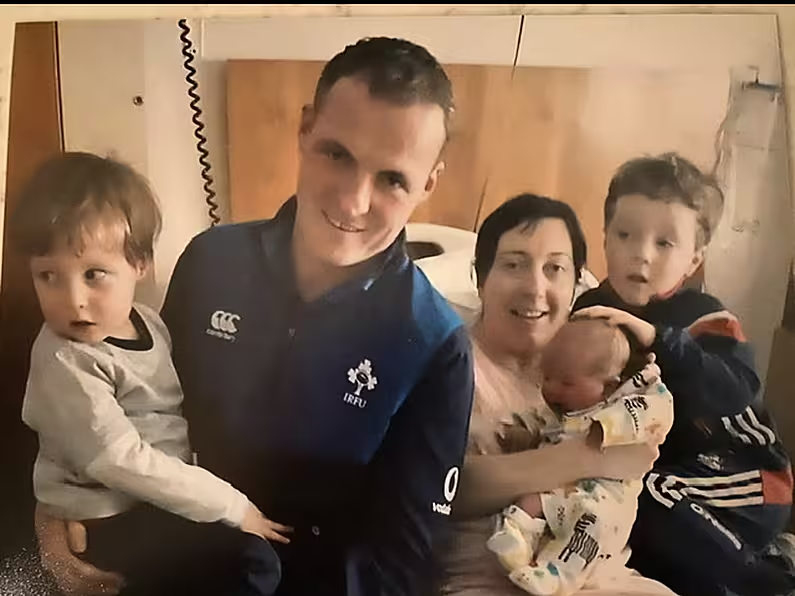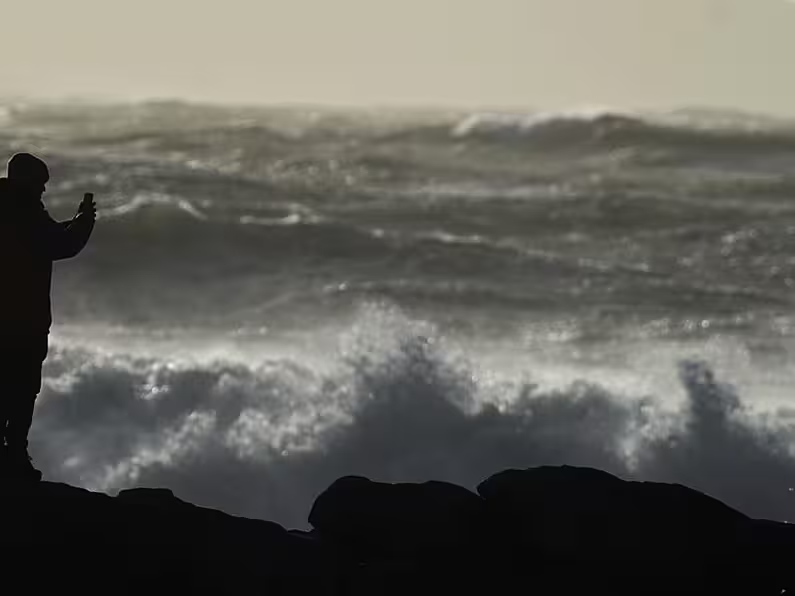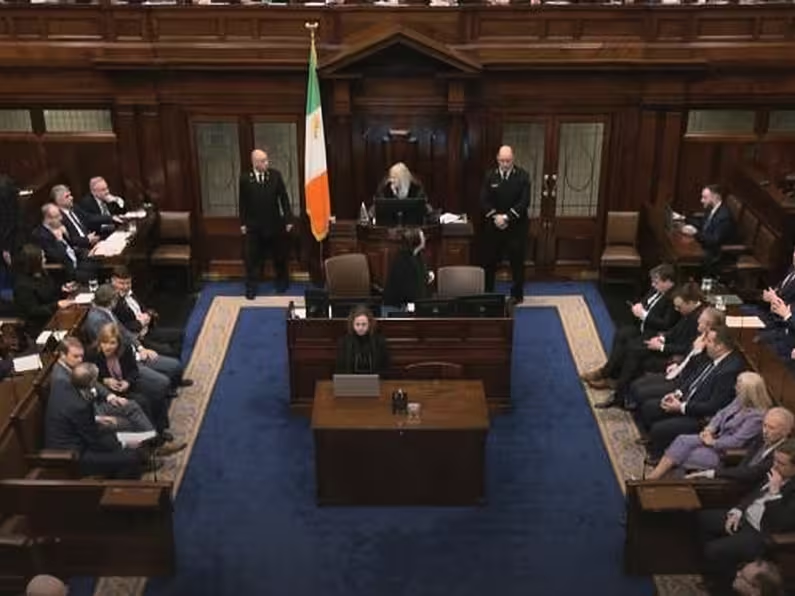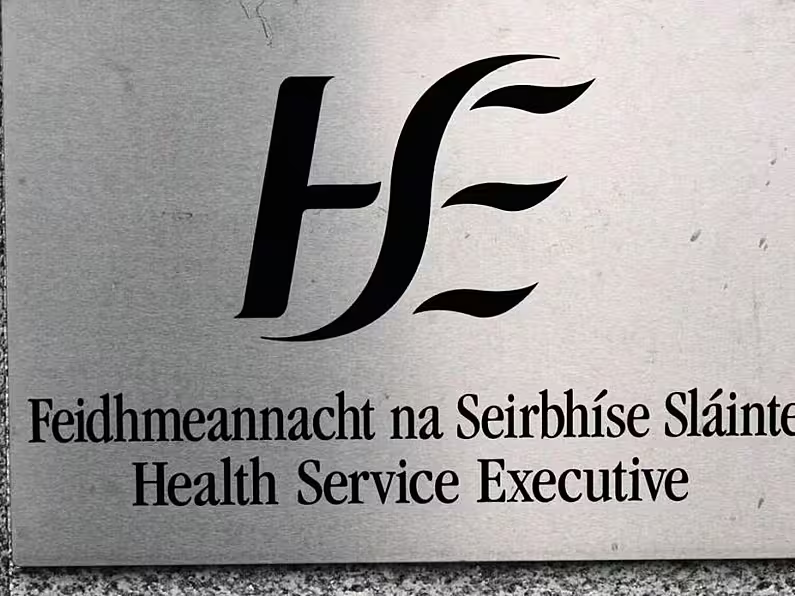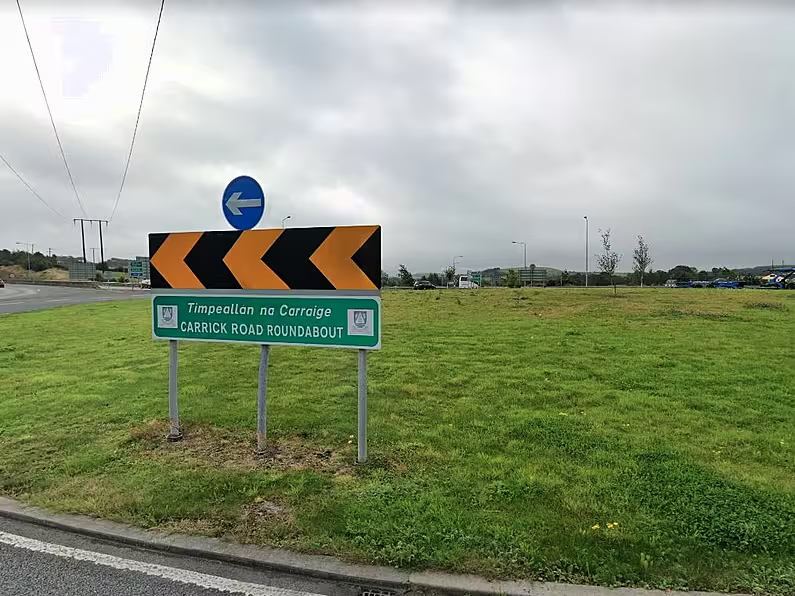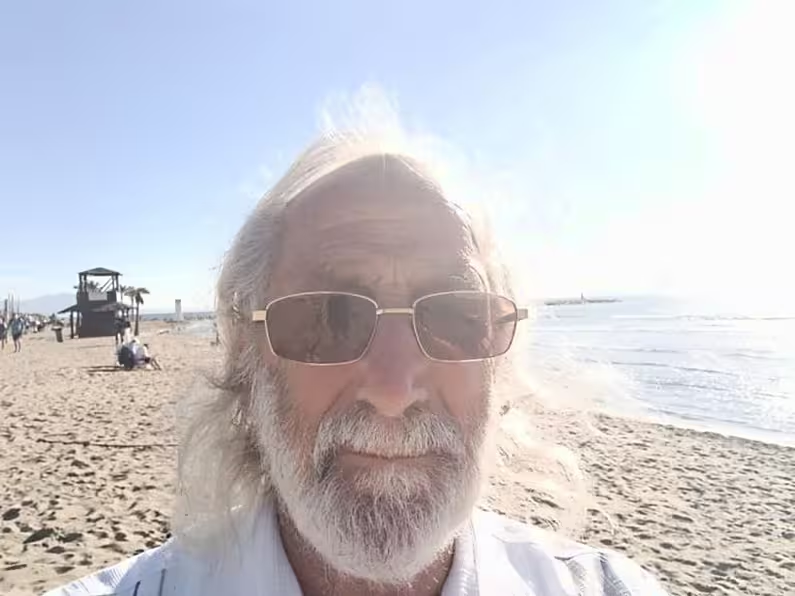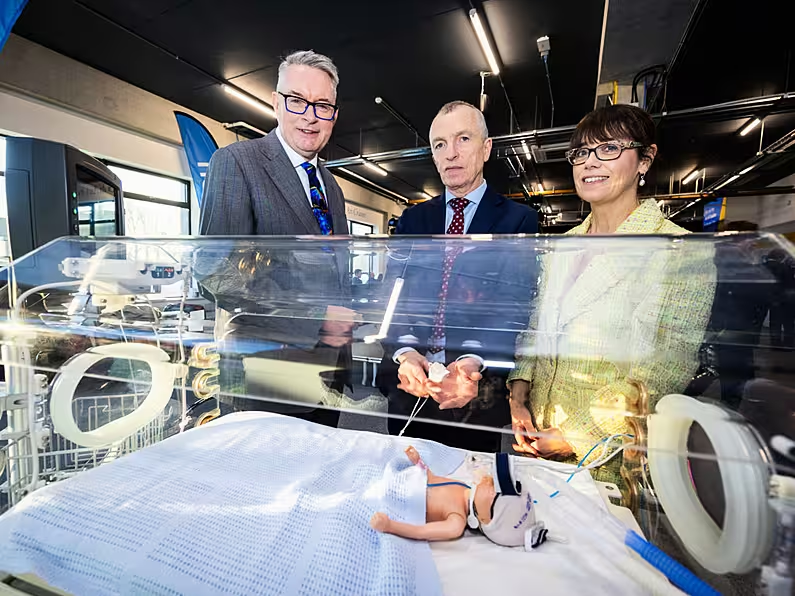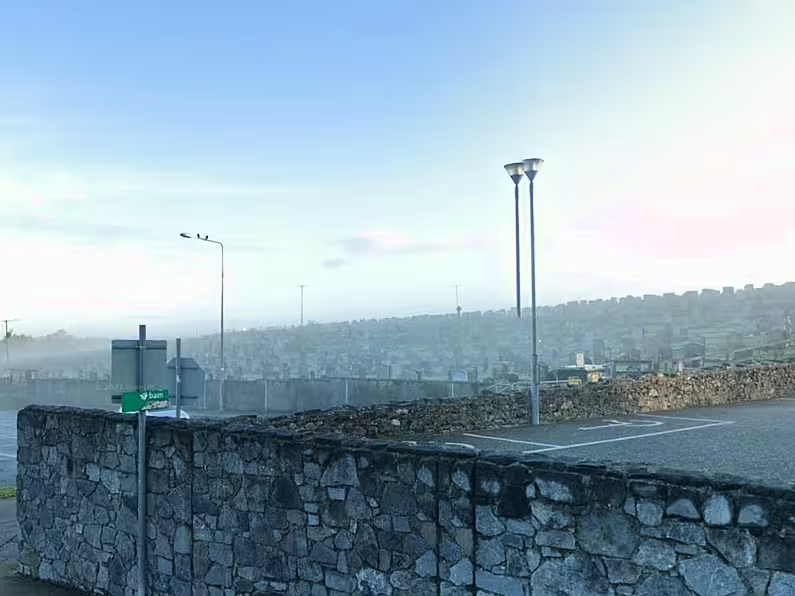Olivia Kelleher
A verdict of medical misadventure was recorded for both Marie Downey and her newborn son Darragh Downey who died at Cork University Maternity Hospital (CUMH) more than two years ago, following an inquest.
The jury spent over an hour considering their verdict and recommendations. They made a series of recommendations in the case and asked that the recommendations of the independent systems review report in to the case be implemented.
They also asked for enhancements to the recommendations such as that the administration of medicines be recorded and traceable in health records and emphasised the importance of a physical presence in a single hospital room when a person is vulnerable.
The four-day-old baby died after his mother had an epileptic seizure in her hospital bed collapsing on top of him with the weight of her lifeless body stopping blood supply to his brain and other organs, the inquest heard.
Mother of three Marie Downey (36) who lived in Knocknanevin, near Kildorrery, Co Cork was found dead on the floor of her private room at Cork University Maternity Hospital shortly after 8am on March 25th, 2019, with her baby son Darragh critically injured under her. In spite of major medical intervention Darragh died 33 hours later. He was laid to rest alongside Marie following their joint funeral mass in Mrs Downey’s native Ballyagran, on March 30, 2019.
Postmortem
Expert witness Dr Peter Kelehan, who is a retired Paediatric Pathologist National Maternity Hospital said that baby Darragh died of compression asphyxia and multi organ failure. Dr Kelehan, who carried out the postmortem on baby Darragh, said that the infant would have needed to have been found within a handful of minutes of his mother Marie falling on top of him to stand any chance of survival.
Dr Kelehan said Darragh suffered acute respiratory failure (compression asphyxia) and necrosis of multi organs particularly the heart and brain in addition to a reperfusion injury. SC for the Downey family Dr John O’Mahony said that the family had been upset at the decision to send the body of baby Darragh to St Columcillle’s Hospital in Loughlinstown, Co Dublin for a postmortem when Cork has a perinatal pathologist. The postmortem of Mrs Downey was carried out in Cork.
Dr Kelehan said that he had conducted postmortems “in the four provinces” since his retirement. Arising out of of the lack of replacements or appointments of pathologists he has undertaken in the region of 500 post mortem examinations since he stepped down from his official position in 2009. He stated that himself and another retired pathologist had been carrying out postmortems for several years.
He spoke of the importance of post-mortems on infants being carried out by perinatal pathologists and stressed that every sensitivity was employed by all those involved in the process.
Dr Kelehan said the damage to the brain of baby Darragh was caused by sustained compression on the baby’s chest after his mother suffered a medical episode and fell on top of him. He stated blood could not pump to the brain of baby Darragh and the level of abnormality to the brain was severe. The compression caused the blood supply to totally stop. Unfortunately, when the body of Mrs Downey was taken off baby Darragh “the damage was done Dr Kelehan stated.
Dr Kelehan said that baby Darragh was a well nourished healthy baby. Dr Kelehan added that it was his opinion that the mother fell on top of the baby with her weight being “distributed across the baby’s body.”
Assistant State Pathologist Dr Margaret Bolster carried out the postmortem on Mrs Downey at Cork University Hospital. She said Mrs Downey suffered an upper cervical spinal cord injury which caused cardiac arrhythmia. She told the jury that the fall out of the bed occurred because of an epileptic seizure. She gave evidence that the seizure increased vulnerability to cardiac arrhythmia. She stated the immediate cause of death was the neck injury. No pathological examination of the brain can show seizure so she stressed it was important to look at the whole history of the patient.
'Enormous tragedy'
Dr John O’Mahony, SC for the Downey family, said that Dr Bolster was a “beacon of independence” and that the Downey family had every confidence in her ability. He stated the preponderance of the evidence was given the position and posture of Marie when she was found on the floor her collapse was consistent with a seizure like fall. Dr Bolster agreed this was the case. Dr Bolster described the case as “an enormous tragedy".
“She (Marie) wouldn’t have known a thing. It would have been an instant blackout.”
Doireann O’Mahony, Junior Counsel for the family, asked if she could distribute some beautiful photographs of Kieran Downey and his family to the jury. Coroner Philip Comyn agreed to her request. She stressed that it had been a “difficult few days” for all involved in the case but most importantly for the loved ones of a beloved wife and mother.
She said that Marie Downey was under the care of Dr Keelin O’Donoghue and that there was no plan of care in place for her pregnancy as an epileptic mother.
“No attempt was made by the hospital to monitor the levels of Lamictal (anti convulsant medication) in her blood. Marie suffered a major post parted haemorrhage and spent the night in a high dependency unit. In spite of the clear risk factor for seizures and in spite of her known and stated morbid fear and paranoia that she would have a seizure while breastfeeding she was taken from the high dependency unit and placed in a single room. Her consultant was not on call over the course of the weekend. Somebody else was looking after Marie. It wasn’t her privately contracted obstetrician.”
She stated that apologies were cases of “too little, too late” and that the family had waited for a considerable amount of time for the case to be heard.
“Every death is a tragedy and there is no hierarchy of tragedies when it comes to grief. But having known this family and what they have been through it ranks as the most horrific of fatal injury cases I have seen or inquests I have ever dealt with.”
Ms O’Mahony said that the Coroner’s system is in need of some reform.
“Bereaved families must be at the centre of inquest and the family have felt adrift at times. It was of great upset and distress to Kieran Downey that the Systems Analysis Review Report was omitted from this enquiry. His belief was the review was undertaken to prevent future fatalities. It is most upsetting for him that the report was not allowed in to the public domain and was not allowed to be referenced in this public forum.”
She added that there was a constellation of major clinical oversights in the case.
“It is inevitable and inescapable to assume that the deaths were foreseeable and preventable.”
She said Mrs Downey was an only child and much loved by her beloved family. She was a dedicated wife, mother and daughter the inquest heard.
Conor Halpin, SC for CUMH, said that they would not be offering any submission against a verdict of medical misadventure in the case.
Mr offered his heartfelt condolences to the family following the loss of Marie and Darragh. He was joined by Oonagh McCrann SC for Dr Keelin O’Dononghue and Sgt Fergus Twomey on behalf of gardai who also offered their sincere sympathy to the family.
Earlier Dr Keelin O’Donoghue, obstetrician/gynaecologist at CUMH said that when she found the body of Mrs Downey in the hospital room her clinical impression was that she had suffered a seizure and had a fall.
The inquest heard that during Marie’s third pregnancy with Darragh Dr Keelin O'Donoghue didn't write to her patient’s neurologist about her care. The doctor said that this was a regrettable oversight and apologised for same.
The inquest heard that two key recommendations of an independent systems review report in to the case concluded this summer have as yet to be implemented.
Maternity health
The review team strongly recommended a that a consultant neurologist with an interest in maternity health be appointed at Cork University Hospital. The inquest heard that this is 'in progress".
The report also recommended that access to specialist nurse services (epilepsy/neurology) must be offered and provided to all women with epilepsy attending maternity services in Ireland. To this aim the review team strongly recommended the immediate appointment of an epilepsy clinical nurse specialist or advanced nurse practitioner to the hub maternity hospital in each hospital group. This is also "in progress” according to the HSE.
Since the tragedy occurred HSE guidance on women with epilepsy has been widely circulated to all maternity units. Medications for co morbidities when taken by inpatients must be prescribed and the administration of medication must be documented in the patient’s healthcare record.



